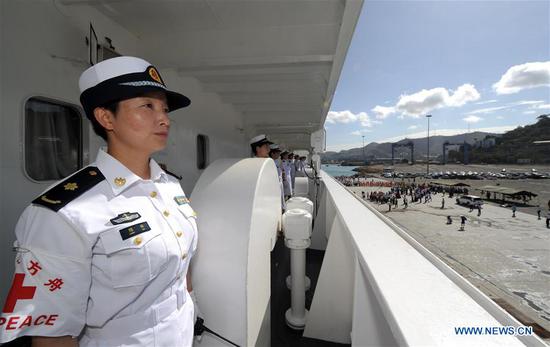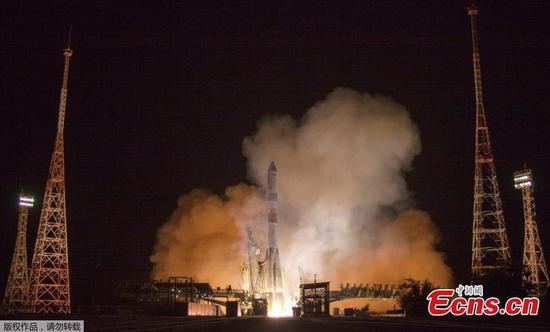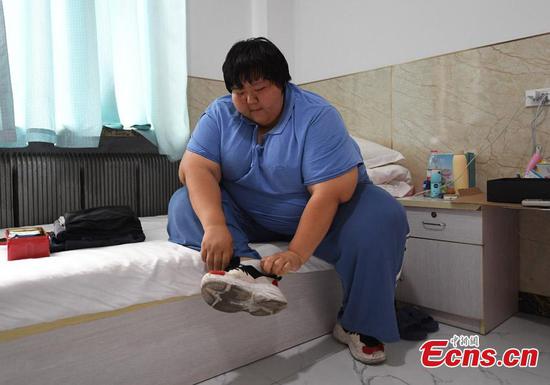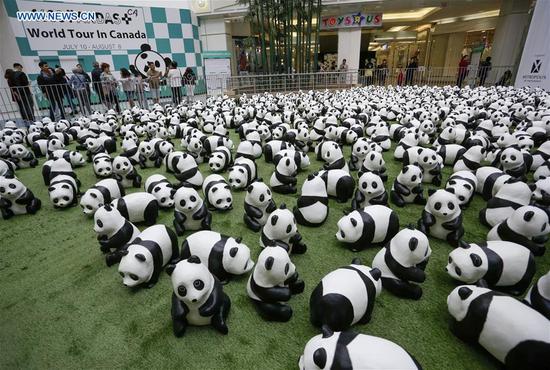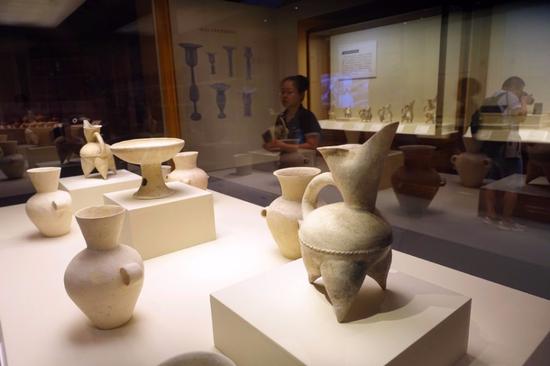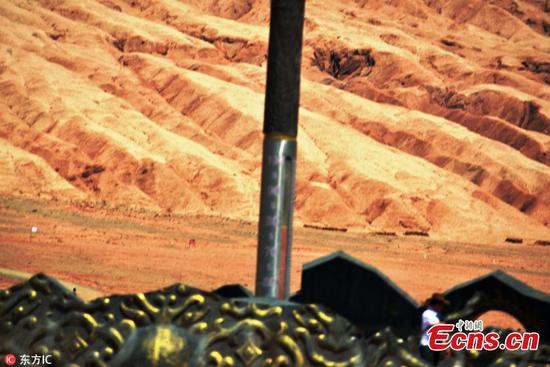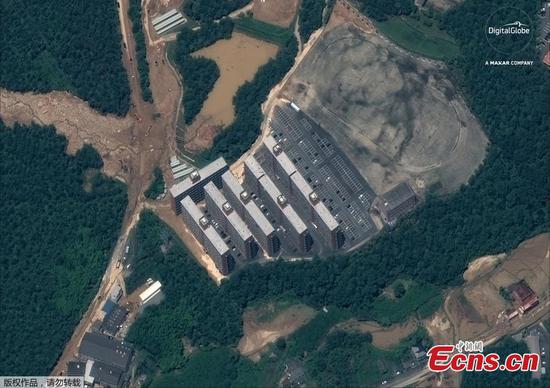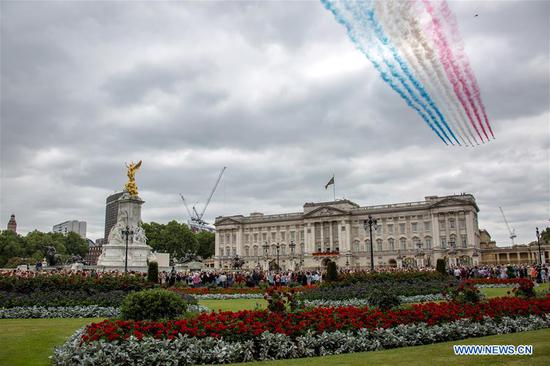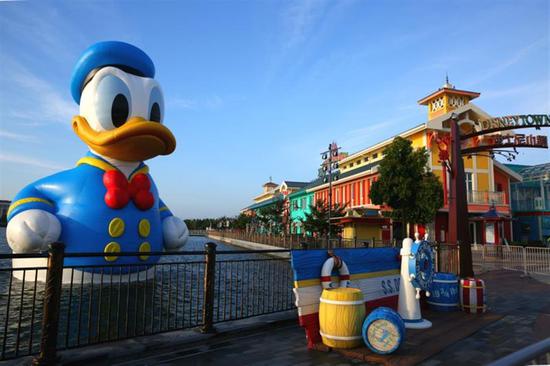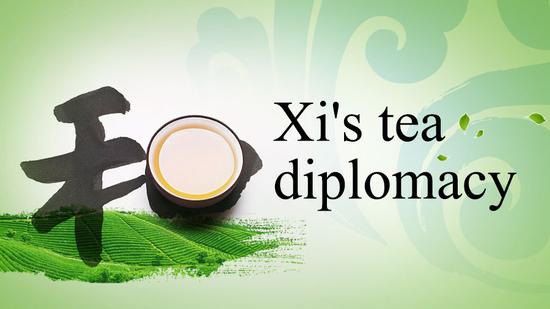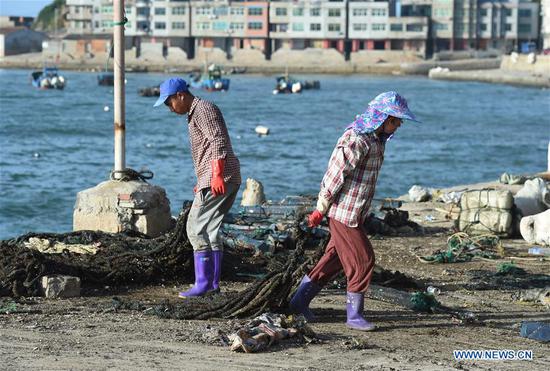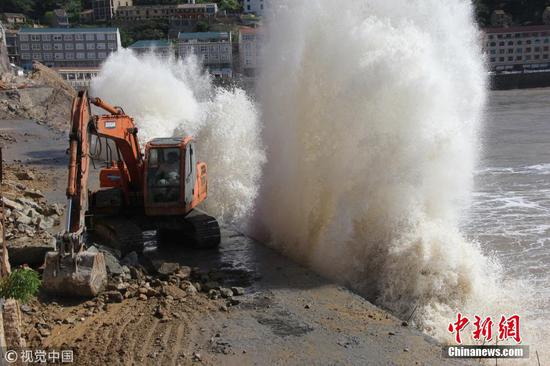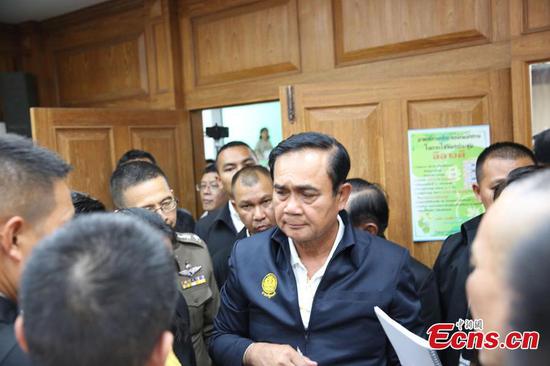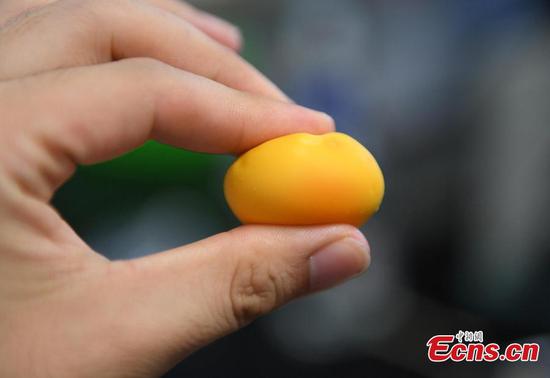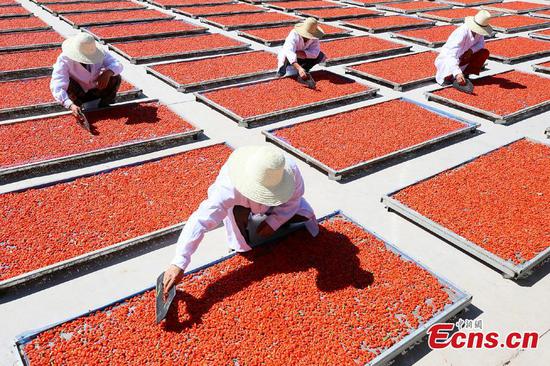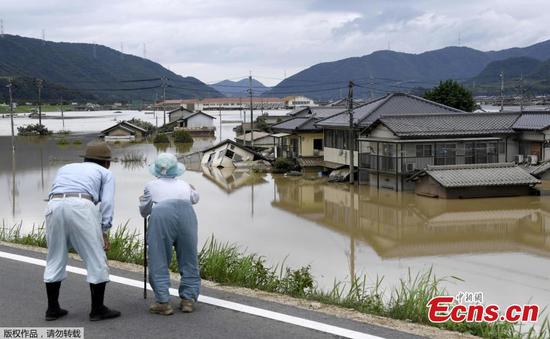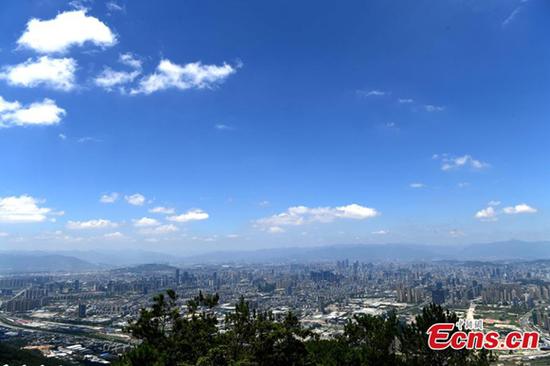The Donald Trump administration has further stoked the trade quarrel between China and the United States by announcing on Tuesday that it plans to levy 10 percent tariffs on an extra $200 billion worth of Chinese goods.
Although the new tariffs on goods such as agricultural and consumer goods will not come into effect for at least a couple of months, they send the signal the U.S. does not intend to end its unfair trade policies any time soon.
China has not been surprised by the move, and it will take countermeasures as planned.
True, economists and industrial insiders have repeatedly said that China will fall prey to the ongoing Trump administration’s trade actions, but they have also emphasized that the hostilities will have a severe impact on U.S. industries.
Signs of this are becoming increasingly apparent.
A number of U.S. manufacturers have warned that they are being forced to move out of the U.S. to avoid being adversely affected by the Trump administration’s tariff measures. There is a also a growing chorus of concern in the U.S. about the rising prices that will result from the tariff increases.
The longer the China-U.S. trade frictions go on, the more apparent these adverse effects will become and the more voices will be heard in the U.S. opposing the Trump administration’s perverse trade moves.
Given China’s economic resilience, vast market and commitment to further opening-up, it is mission impossible for the Trump administration to achieve its objective of containing the county’s normal development through trade and investment restrictions.
As a sign of commitment to the China market, electric car producer Tesla announced to build its first factory outside the United States in Shanghai on Tuesday, becoming the first wholly foreign-owned automaker in China after the country announced it was abolishing the joint-venture requirement for the automobile industry in April. Eventually the Tesla factory in China will produce up to 500,000 vehicles annually.
Meanwhile, Rahm Emanuel, mayor of Chicago, is in China to attend a trade and investment forum and seek ways to strengthen economic ties between Chinese cities and Chicago.
The strong city-to-city links between the two countries also testify to the unreasonableness of the Trump administration’s tariff measures.
Aside from taking countermeasures, the best way for China to cope with the U.S. assault on its trade is to stick to its established agenda of economic reform and opening-up to strengthen its own resilience and competitiveness.










